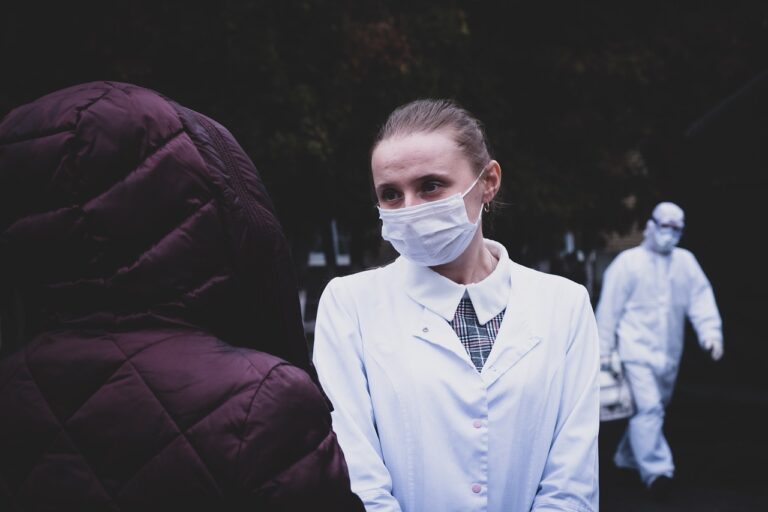Growth Hormone Therapy: Monitoring Progress and Adjusting Dosage: Betbhai, Cricket99 exchange, Diamondexch9.con
betbhai, cricket99 exchange, diamondexch9.con: Growth hormone therapy has become an increasingly popular treatment for individuals with growth hormone deficiencies. This therapy involves the use of synthetic growth hormone to help stimulate growth and development in those who may not be producing enough on their own. However, like any medical treatment, it’s essential to monitor progress and adjust dosage accordingly to ensure the best possible outcome.
Monitoring Progress
One of the key components of growth hormone therapy is monitoring progress regularly. This typically involves regular visits to a healthcare provider who can assess the individual’s growth and development over time. During these visits, the healthcare provider may measure height, weight, and other growth-related markers to track progress.
In addition to physical measurements, blood tests may also be used to monitor hormone levels and adjust dosage as needed. These tests can help healthcare providers determine if the current dosage of growth hormone is sufficient or if adjustments need to be made.
Adjusting Dosage
Adjusting the dosage of growth hormone therapy is a vital part of ensuring its effectiveness. Dosage adjustments may be necessary for a variety of reasons, including changes in the individual’s growth rate, hormone levels, or overall health.
If a healthcare provider determines that a dosage adjustment is necessary, they will typically do so gradually to minimize any potential side effects. It’s essential for individuals undergoing growth hormone therapy to follow their provider’s recommendations closely and communicate any changes in their symptoms or health status.
Furthermore, dosage adjustments may be needed as individuals grow and develop. Children and adolescents, in particular, may require periodic dosage adjustments as they go through growth spurts and reach puberty. Monitoring growth hormone therapy closely during these periods is crucial to ensuring optimal results.
FAQs
Q: How long does growth hormone therapy typically last?
A: The duration of growth hormone therapy can vary depending on the individual’s specific needs. Some individuals may only require short-term therapy, while others may need to continue treatment for an extended period.
Q: Are there any side effects of growth hormone therapy?
A: Like any medication, growth hormone therapy can have side effects. These may include swelling, joint pain, and an increased risk of certain health conditions. It’s essential to discuss potential side effects with a healthcare provider before starting therapy.
Q: Can growth hormone therapy be used for non-medical purposes?
A: Growth hormone therapy should only be used for legitimate medical reasons under the supervision of a healthcare provider. Using growth hormone for non-medical purposes, such as athletic performance enhancement, can be dangerous and illegal.
In conclusion, monitoring progress and adjusting dosage are critical aspects of growth hormone therapy. By working closely with a healthcare provider and following their recommendations, individuals can maximize the benefits of this treatment while minimizing potential risks. If you or a loved one is considering growth hormone therapy, be sure to discuss any questions or concerns with a qualified healthcare professional.







